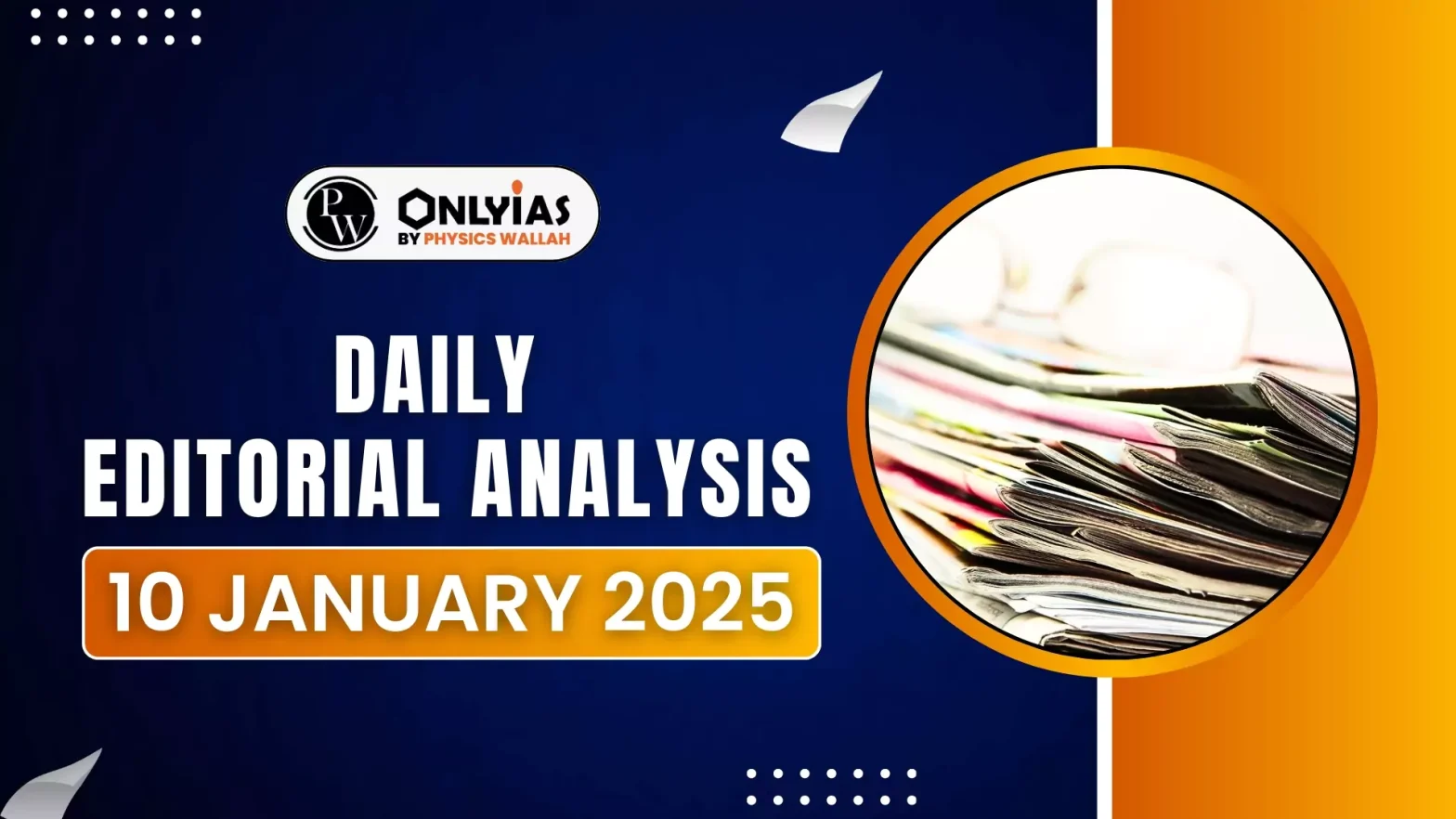Recently, the Rajasthan High Court, in Tejender Pal Singh v. State of Rajasthan (2024), emphasized worries about the potential abuse of Section 152 of the BNS to stifle lawful dissent.
Sedition
- About: Sedition involves any act or attempt to provoke hatred, contempt, or disaffection towards the lawfully established government in India, or to incite resistance against it.
- Colonial Policy: In March 1922, Mahatma Gandhi was charged with sedition under Section 124A of the Indian Penal Code (IPC) for articles published in his weekly journal, Young India.
- Sedition was originally included under Section 124A of the Indian Penal Code (IPC). This provision, introduced in 1870 during British colonial rule
Enroll now for UPSC Online Classes
Observations by the Court
- Suspending of Sedition Trials: In 2022, the Supreme Court suspended pending trials under Section 124A of the IPC (sedition) while the government reconsidered the law.
- Concerns Over Section 152: Although the BNS does not explicitly mention “sedition,” Section 152 criminalizes acts that incite secession, rebellion, subversive activities, and separatism.
- This has raised concerns about the potential for continued misuse of the law under a different designation.
Issues with Section 152
- Vague Terminology: Section 152 criminalizes acts that “endanger the sovereignty, unity, and integrity of India,” but it does not provide a clear definition of what constitutes such endangerment.
- This lack of clarity allows for broad interpretations by authorities, potentially leading to prosecution for criticizing political or historical figures or expressing controversial opinions.
- In a divided sociopolitical environment, such a stringent provision, without adequate safeguards, poses a risk of being used to suppress dissent.
- Lowered Threshold for Liability: The inclusion of the term “knowingly” in Section 152 reduces the standard for liability, particularly in the context of social media.
- Sharing a post, even without malicious intent, may be enough for prosecution if the post has the potential to incite prohibited activities.
- This provision does not require prima facie evidence of a direct link between speech and its actual consequences, which could enable authorities to restrict individuals’ liberty without sufficient justification.
- Potential for Abuse: Data from the National Crime Records Bureau (NCRB) reveals high arrest rates under Section 124A of the IPC, but low conviction rates (12 convictions from 548 arrests between 2015-2020).
- With Section 152 being broader and more vague than Section 124A, it heightens the risk of misuse and could further suppress free speech.
Way Forward
- Judicial Pronouncements: Historically, courts have applied consequentialist interpretations to balance national interests with the right to free expression, focusing on the actual impact of speech.
- Precedents such as Balwant Singh v. State of Punjab (1995), Kedar Nath Singh v. State of Bihar (1962), and Javed Ahmad Hazam v. State of Maharashtra (2024) highlights the importance of establishing a causal link between speech and its consequences.
- Enforcing Guidelines: The Supreme Court should establish clear guidelines defining the terms in Section 152 to prevent abuse, as it did in D.K. Basu v. State of West Bengal.
- Encouraging Free Expression: A liberal space for diverse ideas and criticism is essential, particularly in the age of social media.
- The “marketplace of ideas,” as envisioned by Justice Holmes in Abrams v. United States should guide enforcement to foster democratic dialogue and the pursuit of truth.
Check Out UPSC NCERT Textbooks From PW Store
Conclusion
The absence of safeguards in Section 152 heightens the risk of its misuse as a proxy for sedition. Judicial intervention and clear guidelines are crucial to safeguarding free speech while protecting national interests.
![]() 10 Jan 2025
10 Jan 2025
